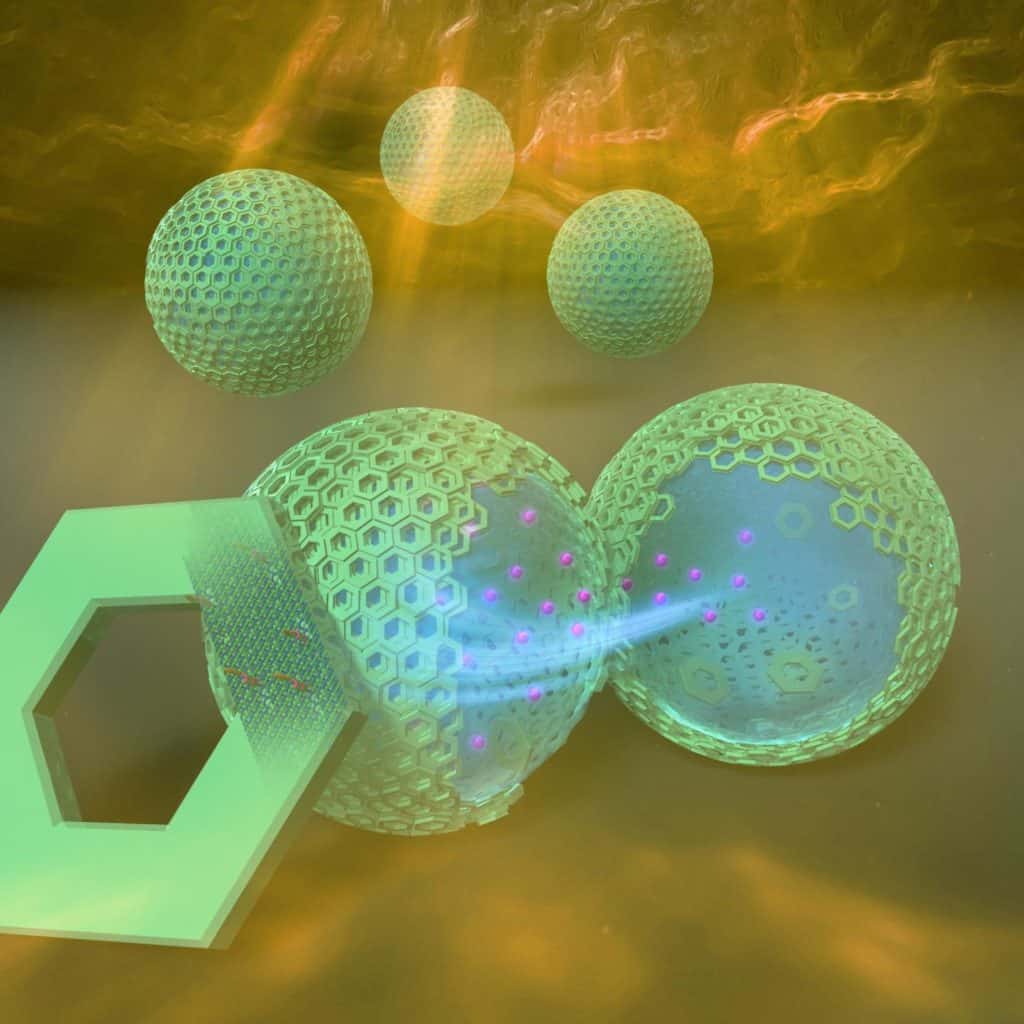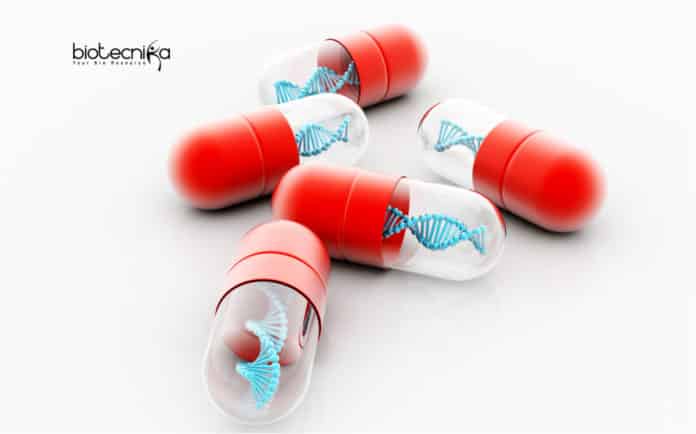DNA Microcapsules- A New System Developed by Scientists
A group of scientists from the Tokyo Tech reports a way of developing DNA-based microcapsules. This holds great promise for the development of new functional materials and devices.
Scientists demonstrated that tiny pores on the surface of these capsules could act as ion channels. Their study will escalate advances in artificial cell engineering and molecular robotics, including nanotechnology.
DNA-based, self-assembled nanostructures are key building blocks for new kinds of nanodevices for clinical and environmental applications. Much study is currently focused on adding functionality to such structures to expand its versatility.

The most impressive example for this is the engineered capsules called liposomes that have a lipid-bilayer membrane. They are successfully being used as sensors, diagnostic tools, and drug delivery systems. Pickering emulsion or colloidosomes are other groups of capsules that do not have a lipid bilayer. They are instead composed of colloidal particle membrane. They also have the potential for many biotechnological and clinical applications.
DNA Microcapsules- The Principe Behind The System
Biophysicist Masahiro Takinoue and group from the Tokyo Institute of Technology reported a new type of Pickering
emulsion with the added functionality of ion channels. This is considered as an achievement that opens up new routes to designing artificial cells and molecular robots.Takinoue says that they have demonstrated such technology for the first time wherein DNA nanostructures without the presence of a lipid bilayer membrane were used in ion channel function.
The team’s design makes use of the self-assembling properties of DNA origami nanoplates. The resulting Pickering emulsions are stabilized by the amphiphilic-having both hydrophilic and lipophilic properties nature of the nanoplates.
DNA Microcapsules- Application of The New Technology
Takinoue explains that one of the most exciting implications of the study is that it will be possible to develop stimuli-responsive systems. This is important because such systems could eventually be used to create artificial neural networks mimicking the way the human brain works. He added that this system could also be used to develop artificial neural networks mimicking the way the human mind works.
The present research highlights the team’s strengths in combining DNA nanotechnology with a perspective grounded in biophysics and soft-matter physics.






























